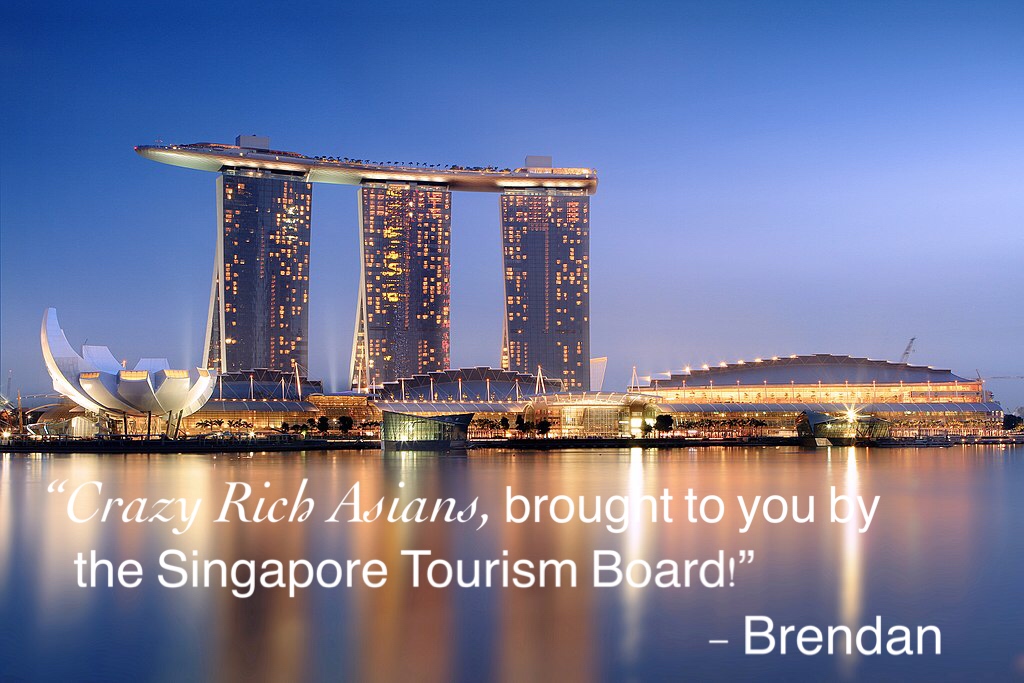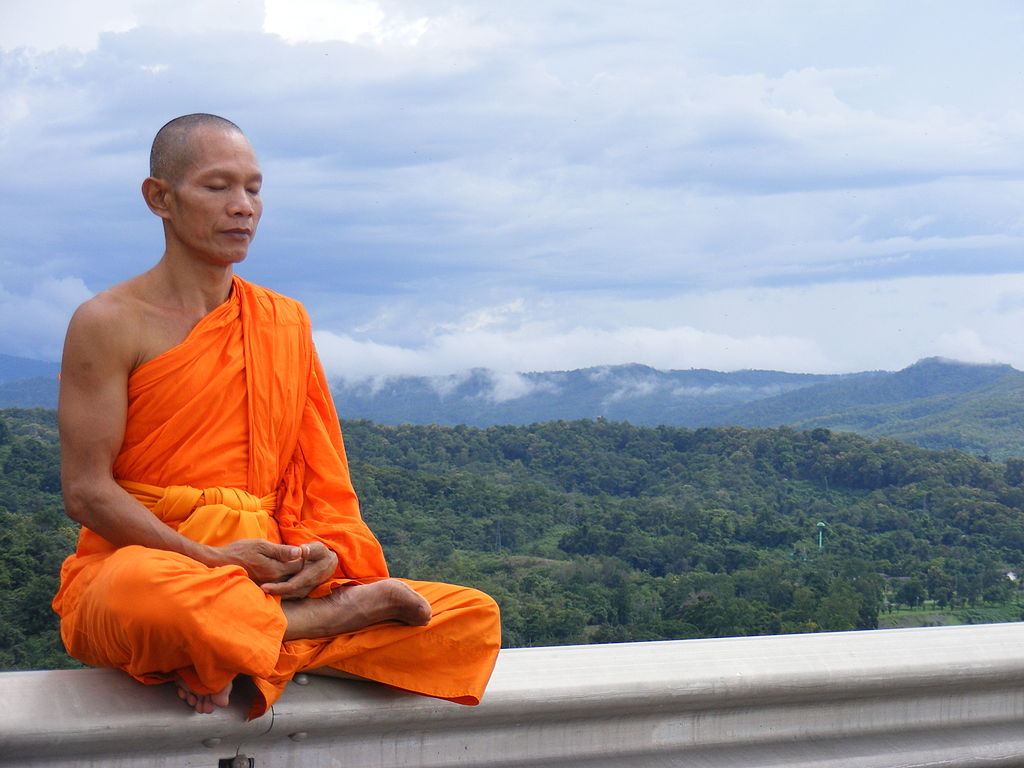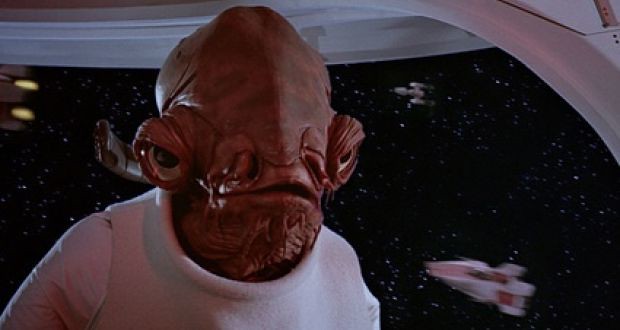 |
| Original photo from Wikimedia Commons (to be fair this movie has actually made me want to return to Singapore, but mostly for the food) |
You probably think I'm writing in to comment on Crazy Rich Asians because it's a cultural moment and it'll be good traffic for Lao Ren Cha. I'm not - I don't expect this will even be one of the more popular posts. I just have some thoughts on the movie and I'd like to share them.
It took me a few hours, because my mind was completely cleaned out by Henry Golding's golden washboard abs, but I'm over it now* so here we are.
Let me get one thing out of the way first: I really liked the movie, so let's talk about that first. If you don't care, scroll through a few paragraphs to get to my concerns.
Why did I like it? Because despite some Chinese viewers thinking it "presents a stereotypical view of Asians" to Western audiences, I actually think it smashes these stereotypical views.
I can assure you, of my friends and family who have never been to Asia, very few of them think that Asians live like the Crazy Rich Asians. Most of them think "Asian" and they think "poor and full of gongs" or something. You know, like:
 |
| from Wikimedia Commons |
Maybe with a dragon or some "ancient Chinese art of kung fu" thrown in. But definitely poor. To many Westerners, only the West is rich.
I am also reasonably sure a large percentage of people I know back home think that the only reason I don't live in a straw hut in a rice paddy and wear a conical hat to work is because I live in a city, which they might well imagine as some cement buildings scattered among the straw huts.
So, y'know, I'm actually happy to see a representation of Asia that doesn't look like the only people who live there are rice farmers or monks and their only purpose outside Asia is to run Asian restaurants and dispense religious wisdom to white protagonists. I live in a pretty developed country in a continent that, for much (but not all) of its breadth, is developed. It's about time the West woke up and realized that. Asians are not all still-suffering victims of Western imperialism (in Taiwan and elsewhere, there are currently-suffering victims of Chinese imperialism, but I'll get to that.) Much of Asia really is criss-crossed by ultra-wealthy families, many of whom claim Chinese ancestry, and all of whom know each other.
To imply otherwise is to say "what? but don't you like gongs and monks? Why are you wearing Versace? Don't you have some traditional robes? Don't let the white man force you out of the rice paddy!"
Which...barf.
It's also about time they woke up and realized that Asia can't be described with a single word (like "collectivist" or "Confucian" or "ancient") - there are good, decent, down-to-earth people (like Astrid and Colin) and selfish jerks (like Eddie and Amanda), and people who think they are good and decent and self-sacrificing who are in fact kind of selfish (like Eleanor, in a way). You know, like everywhere else in the world.
I also liked it because, while people are writing about how it pits Western and Asian values (does it, though? I'll get to that too), I find it plays with the fundamental rightness of feminist values, and how they can exist in any cultural setting, adjusted to the needs and goals of women in any given culture. When I think "family values", even in an Asian context, I think "values that lift up everyone in the family, with everyone negotiating, cooperating, giving and receiving for the benefit of all, including women", not "women must always sacrifice for the family". That's a feminist value that can exist in Asia - Rachel even references those words in reference to a game of mahjong!
And I'm fine with it being called Crazy Rich Asians even though it's really only about "ethnic Chinese" - a good book needs a snappy title and Crazy Rich Overseas Chinese in Singapore...isn't. It's not a National Geographic documentary, after all. (Anyway those seem to skew toward the poverty and gongs, too - all the stuff Westerners like to feel both guilty over and enchanted by. Not a real place full of real, mostly normal people.) It's not about "Singapore" or "diverse Asia". It's about a group of crazy, rich and crazy rich people. Can't it just be that? Can't something be set in Asia and feature an Asian cast and be about something other than social justice?
I liked it despite the criticisms I've heard from some media and my social-justice oriented friends: that it only shows one kind of Asian (the only dark-skinned or even non-Chinese Asians we see are working in service positions), that despite it not being scheduled to open in China, that it presents a problematic pro-China orientation and presents a view of Chineseness that is frighteningly close to Communist Party ideology - an idea I'll quote from liberally in a moment - that of course it ignores deeper issues of inequality in Singapore.
Or, as my husband joked on the way home, "I'm happy now that we know what the inside of a typical Singaporean home looks like, since we have always stayed in hotels on our trips there!"
All of these things are true, and I can't wholly ignore them. They are very real:
From Kirsten Han writing for the Hong Kong Free Press (linked above and again here):
The Young family, for example, sit around and make jiaozi, a dumpling from northern China that’s unlikely to be part of the traditions of a long-established Chinese Singaporean family, since most of the Chinese who came to Singapore came from the southeastern coast.
It’s also odd that Nick Young’s grandmother, the elderly matriarch of the family, speaks perfect Mandarin, while the women one generation below her speak Cantonese—in real life, it’s far more likely to be the other way around, especially given the Singapore government’s efforts to restrict the use of dialects and promote Mandarin.
and:
On her trip, Rachel Chu learns the difference between the Asian American and Asian experience. But there isn’t an “Asian experience”, per se. It’s not as simple as East versus West, as the symbolism of the film’s mahjong game suggests. Even within tiny Singapore, we see diverging Chinese experiences every day. If anything, it’s the Chinese Communist Party in the People’s Republic of China that seeks to obscure these differences in their efforts to engender feelings of sympathy or even loyalty to the party through the idea of racial unity.
YUP. Hey Westerners - did you know that was a thing? It totally is.
This is echoed in Catherine Chou's piece in The News Lens (also linked above and here):
Repressive government initiatives to solidify Mandarin as the region’s common tongue have been so successful in Singapore, Taiwan, and China that Hokkien and Cantonese are now routinely mistaken in popular culture as mere dialects of Mandarin.
Mandarin thus functions in the movie just as it does in government policies: as an artificial marker of class and sophistication. Cantonese, and especially Hokkien, are used as signifiers of marginality and lower status.
Holy fishguts, this is spot on.
This isn't only a problem in Singapore - it's also a deep social divide in Taiwan. For a few generations now, the KMT colonizers (yes, colonizers) have promoted Mandarin as the lingua franca of Taiwan, a country they believe is "a part of China" but which a.) isn't, b.) fuck you, KMT and c.) was never a place where Mandarin was a native tongue, before it was forced on the Taiwanese. To do this, they not only made it punishable in some circumstances to speak Taiwanese Hokkien (and caused one to be 'under suspicion' in others), but made it so that Mandarin was the language of the upper classes, with Hokkien being the language of "ignorant farmers" (無知農夫). The language of the gauche. The language of the excluded.
And believe me, the point has always been to explicitly exclude. How do you get people who speak a totally different language, and who might rebel, to accept you as their sovereign masters? Make 'em think their language is merely a coarse dialect of the common tongue you share, and you are the learned scholars who have come to educate them in your common tongue's purer, better form.
In the film, the good-hearted, nouveau riche Gohs (who, in their kindness, though perhaps not in their campier qualities, remind me of Taiwan a little) speak Hokkien, and are excluded from "society". The posh, old money Youngs should speak Cantonese, but instead speak Mandarin. Peik Lin points out the 'class' differences explicitly, but Western audiences aren't likely to notice the linguistic ones.
This leads to another concern I have: Taiwan is mentioned in Crazy Rich Asians, but it's always a sidebar. China gets a not-quite-appropriate quote at the beginning of the film (a point that Kirsten Han made in HKFP), Singapore gets the "Lives of the Rich and Famous" treatment: Taiwan, on the other hand, is portrayed as just another place where rich Chinese might live and do business with other Chinese - despite it being qualitatively different not just culturally, but economically. Taiwan isn't Singapore or Hong Kong - it's not rich and shiny. It's not a waking dragon like China. It is remarkably unpretentious and down-to-earth. Even its shiniest district - Xinyi - is only a little shiny, and not really at all glitzy.
I like it that way, but it does spell out for me the differences between "countries that cooperate with Chinese cultural imperialism" and "countries that tell China to eat it". And, as a smart friend of mine recently wrote in a paper you will almost certainly never read, a key difference between who can have a close relationship with the PRC and who must be suspicious of them and look for other options is whether or not China respects that country's borders. China and Singapore can be close, because China isn't threatening to invade it. Taiwan must be wary, and so Taiwan is shoved eternally, unfairly to the sidelines.
So, Singapore can sign on to this movie that promotes a certain ideal of "Chineseness" within its borders if it wants to. Singaporeans of Chinese heritage can call themselves Chinese, if they want, and claim common cultural roots with Chinese people in China. The movie clearly portrays those roots inaccurately, but Singapore isn't going to lose its sovereignty over it.
But there is no room for Taiwan as it is in the Chinese world of Crazy Rich Asians: it can try to claim its place as part of the "family", which many in Taiwan would like to do given their ancestral roots in China. But that means being eaten alive by the Communist Party's insistence that being Chinese means you are a part of China, are loyal to
The CCP has, like Eleanor Young, made it so there is no winning hand for Taiwan: it can't turn away from the "Chinese" cultural roots that many would like to claim without being kicked out of the "family", but it can't claim its place at the table without being subsumed by China.
It's also worth noting that the values touted as "Asian" in the film were common in the West just a few generations ago - they're not "Asian", they're..."traditional". Therefore, the values that eventually stand up to "traditional" ones in the film aren't "Western", they're "modern".
Considering this, even if there were a way for Taiwan to win this game, in the version of "Asia" that Eleanor (though not necessarily the movie as a whole) puts forward where "Asian" is (falsely) conflated with "traditional", there is no room to be both Asian and liberal/progressive. If "Asian values" include self-sacrifice, choosing family and duty over love and a whole pallet of misogyny, where the gay cousin is accepted - but not entirely (the actor who plays Oliver Tsien says of the character, "he knows he’s an outsider in his own family just by being queer") - where is the space for an Asian country like Taiwan that has, say, decided to enshrine marriage equality into law, has a strong social movement culture and actually attempts (though not always with success) to enforce gender equality laws in the workplace?
In short, in the version of Asia that Crazy Rich Asians puts forward, where traditional values are accepted unanimously by all, where does a country like Taiwan fit in? It's almost as if certain other, larger, crazier, richer nations don't want that country to exist at all...
So...I liked the movie. It was fun. It was well-made and well-acted. It was more thoughtful than a romantic comedy needs to be. It's a breakthrough moment for portrayals of Asian characters in film.
But I also...didn't. Because the portrayals of what it means to be "Chinese" in it are entirely the brainchild of a crazy, rich nation. And even if it wanted into this 'family' of Chineseness, Taiwan would always be rebellious, gay cousin Oliver. Though far less accepted for who she is.
Western academics and commentators love to point out that overarching cultural narratives are usually promulgated by the most powerful members of a group, and exclude the least powerful. We've become good at spotting this in our own cultural contexts: what it means to be American is projected as a white person's view of Americanness, what it means to be a businessperson is a male view of business culture, the notion of what "romance" means is a straight one, etc.
It's about time they realized that this happens in Asia too, and what it means to be "Chinese" or even "Asian" is a narrative that the Chinese government is actively trying to control - and of course, they are the ones with power. And money. Also, they (the government) are freakin' insane.
*not really over it, but I'm still fundamentally a Freddy Lim girl

